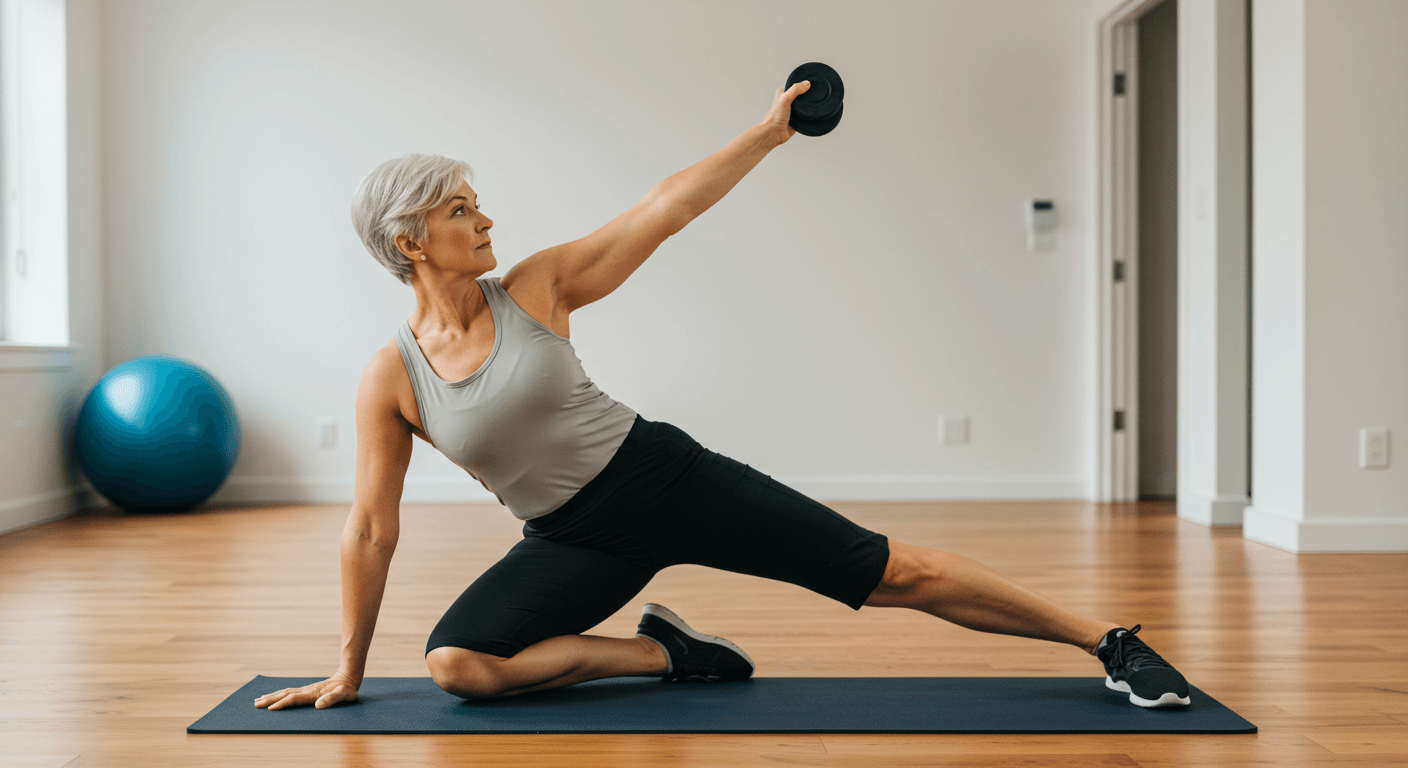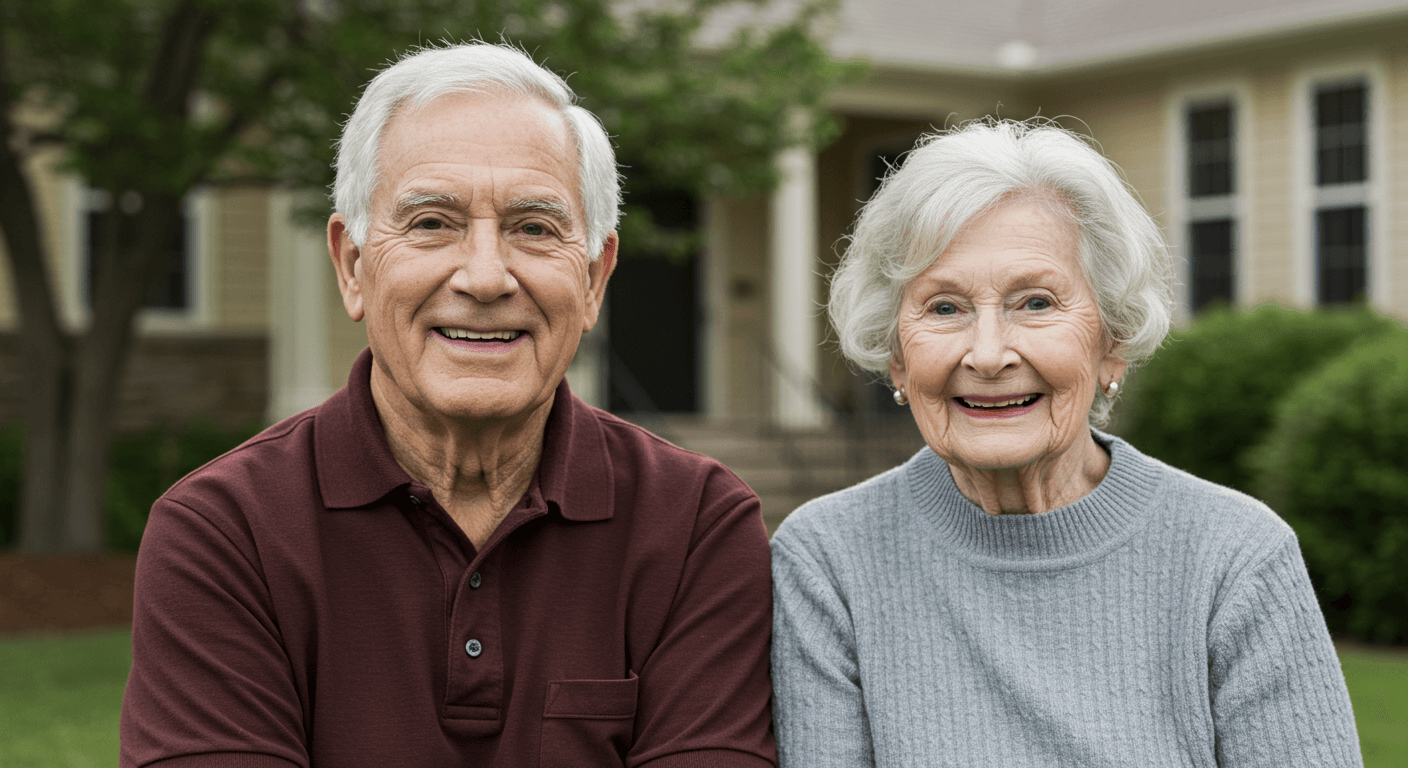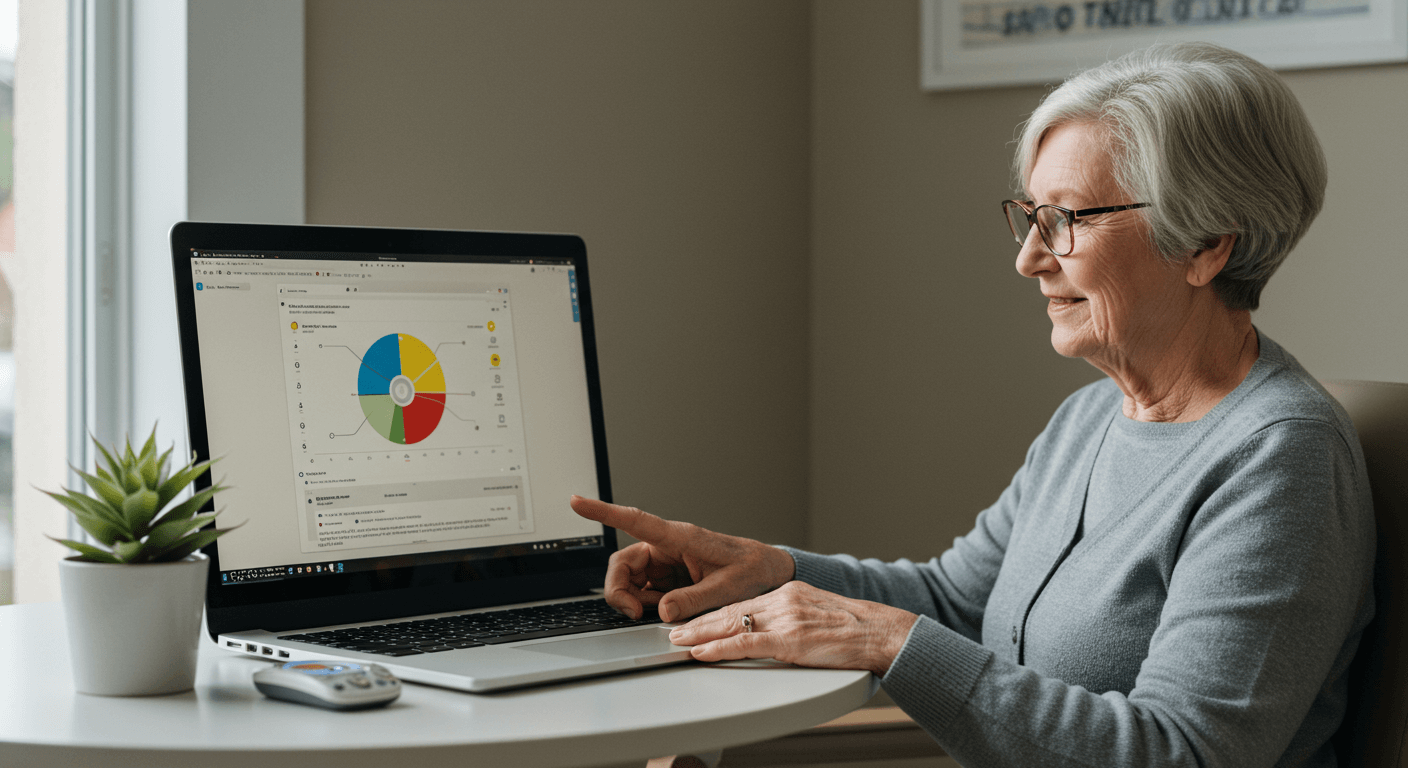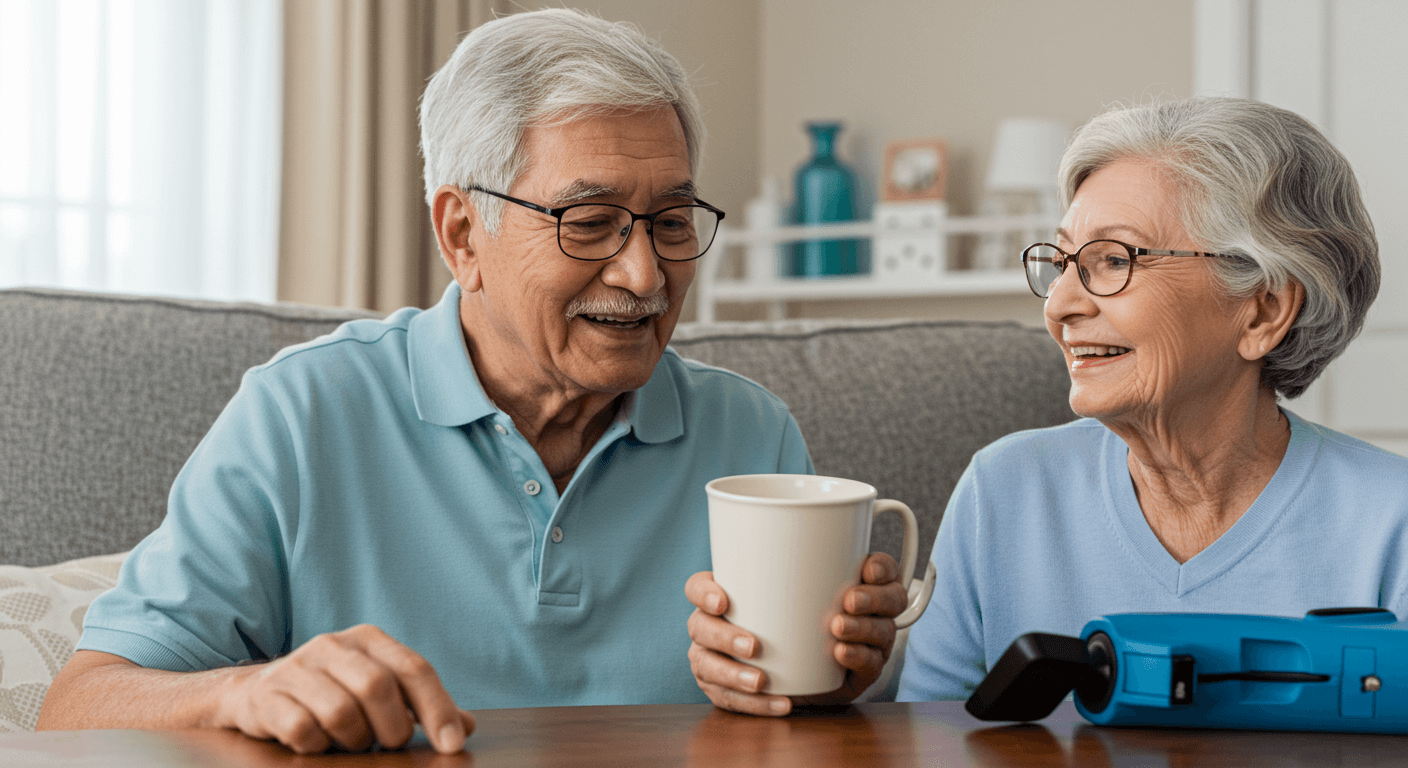Exercise Routines Tailored for Older Bodies
Expert advice on safe and effective exercise routines designed specifically for seniors to maintain mobility, strength, and overall health.

Regular exercise is crucial for seniors to maintain independence, prevent falls, and manage chronic conditions. These routines are specifically designed with older bodies in mind, focusing on safety and gradual progression.
1. Consult Your Doctor
Always check with your healthcare provider before starting any new exercise program, especially if you have existing health conditions or concerns.
2. Start with Warm-up
Begin with 5-10 minutes of light cardio like walking in place or gentle arm circles to increase blood flow and prepare your muscles.
3. Focus on Balance
Practice standing on one leg (hold onto a chair for support) or try heel-to-toe walking to improve stability and prevent falls.
4. Incorporate Strength Training
Use light weights or resistance bands for exercises like bicep curls, shoulder presses, and seated leg extensions to maintain muscle mass.
5. Include Flexibility
Finish with gentle stretching for all major muscle groups, holding each stretch for 15-30 seconds without bouncing.
Why Exercise Matters for Seniors
Research shows regular physical activity can reduce the risk of chronic diseases, improve cognitive function, enhance mood, and increase longevity in older adults.
Emergency guidance
Stop Immediately If
If you experience chest pain, severe shortness of breath, dizziness, or sharp joint pain during exercise, stop immediately and seek medical attention.
When to Call Doctor
Contact your healthcare provider if you have persistent muscle soreness lasting more than 48 hours or any exercise-related injury symptoms.
Pro tips
- Exercise at the same time daily to build consistency
- Use a chair for support during standing exercises if needed
Common pitfalls
Skipping warm-ups or progressing too quickly can lead to injuries. One user reported knee pain after attempting squats without proper form or preparation.
Recommended reads



You may also like






